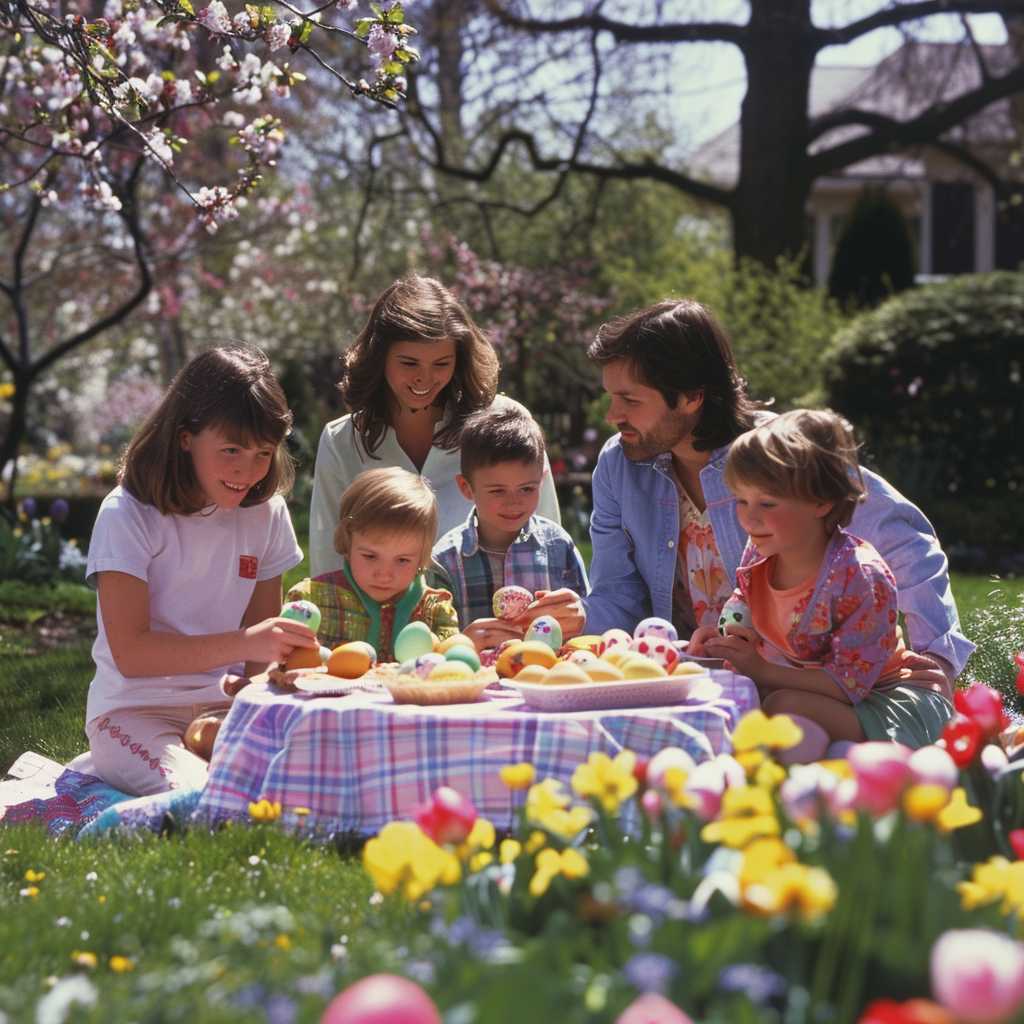The Celebration and Significance of Easter
Easter is one of the most important and widely celebrated dates in the Christian calendar. It commemorates the resurrection of Jesus Christ on the third day after his crucifixion, as described in the New Testament. The holiday has both religious and secular components, with various traditions that have evolved over centuries. This article explores the origins, customs, and contemporary significance of Easter, highlighting how it is observed across the globe.
Origins and Historical Context
Easter’s roots are embedded in Christian doctrine but its name and some of its traditions tie back to earlier pagan practices. The name “Easter” is believed to be derived from Eostre or Ostara, the Anglo-Saxon goddess of spring and fertility. This connection indicates an early syncretism of Christian and pre-Christian spring celebrations.
In a historical context, Easter falls after Lent, a 40-day period of fasting and penance that begins with Ash Wednesday. The week preceding Easter is known as Holy Week, which includes Maundy Thursday (commemorating the Last Supper), Good Friday (honoring the day of Jesus’ crucifixion), and Holy Saturday.
The exact date of Easter varies each year, as it is based on the lunisolar calendar comparable to the Hebrew calendar. It typically falls on the first Sunday after the first full moon occurring on or after the vernal equinox.
Religious Observances and Practices
For Christians around the world, Easter is a time of joyous celebration. It honors the belief in Jesus Christ’s victory over death, offering hope for eternal life to his followers. Services on Easter Sunday may begin at sunrise to symbolize the resurrection and new life.
Holy Communion is commonly offered during Easter services, which may include special music, dramatic readings, and a message of resurrection. In some denominations, baptism ceremonies are performed, welcoming new members into the faith with the renewal theme of Easter.
Secular Customs and Symbolisms
Beyond the church, many secular customs have become associated with Easter. These often involve symbols of new life and fertility such as eggs, chicks, and bunnies.
Easter Eggs and Hunts:
Decorating eggs and hosting egg hunts have become popular customs. The egg has long represented new life and rebirth, and Easter eggs may be dyed, painted, or adorned by children and families. In communities around the world, egg hunts challenge children to find hidden eggs.
Easter Bunny:
A character known as the Easter Bunny delivers candy and chocolate eggs on Easter Sunday in many western nations – a tradition synthesizing folklore motifs with a contemporary consumer culture.
Fashion Parades:
In some cities like New York, Easter fashion parades or public promenades show off elaborate hats and spring attire.
Global Easter Traditions:
Easter celebrations can vary significantly from country to country.
In many parts of Europe, traditional foods are served. For instance, hot cross buns are a common Good Friday treat in England while other regions enjoy specific types of Easter bread.
In some cultures, processions and reenactments occur throughout Holy Week. Spain’s Semana Santa procession includes elaborate floats and masked penitents. Elsewhere, dramatic processions might directly depict scenes from Christ’s Passion.
Contemporary SignificanceWhile rooted in Christianity, Easter also allows for reflection on broader themes such as renewal, hope, and life after loss across cultures. It integrates into familial gatherings or cultural events reflecting shared values even among secular participants.
